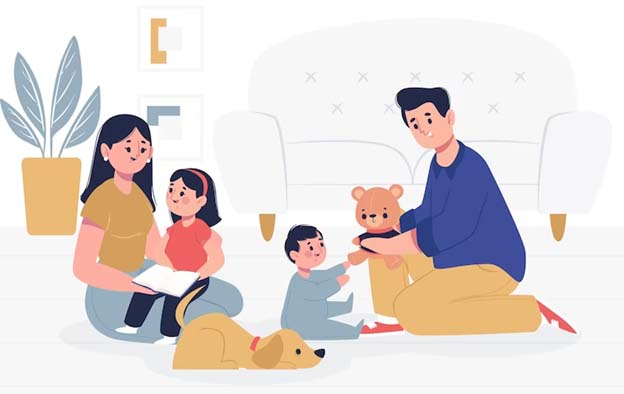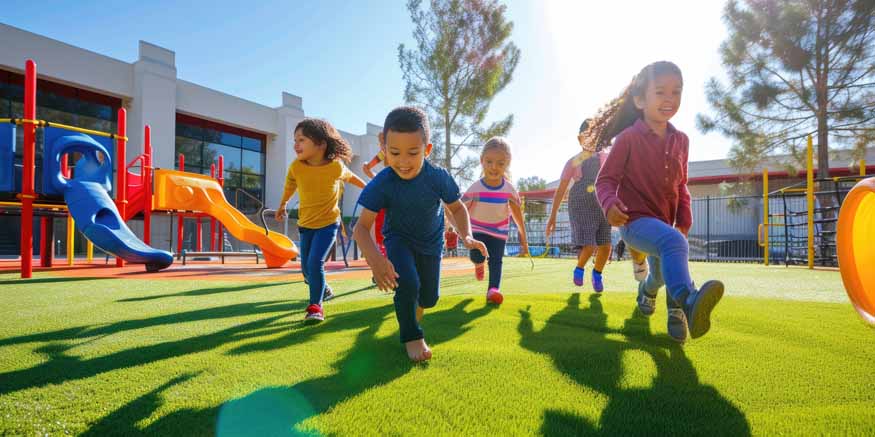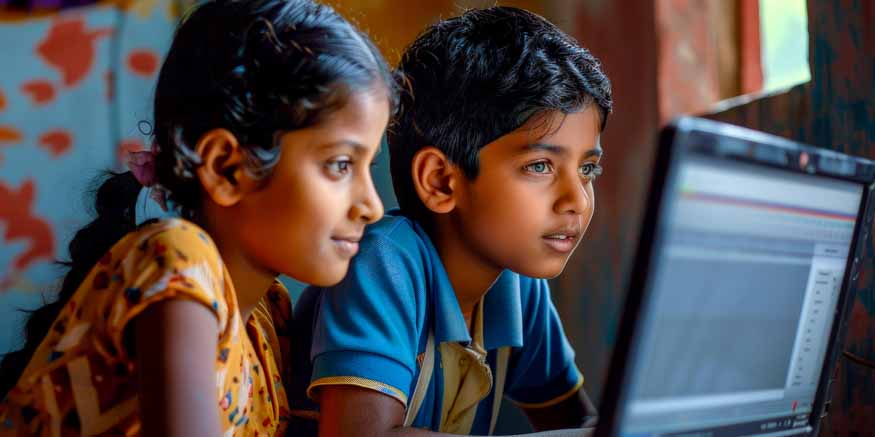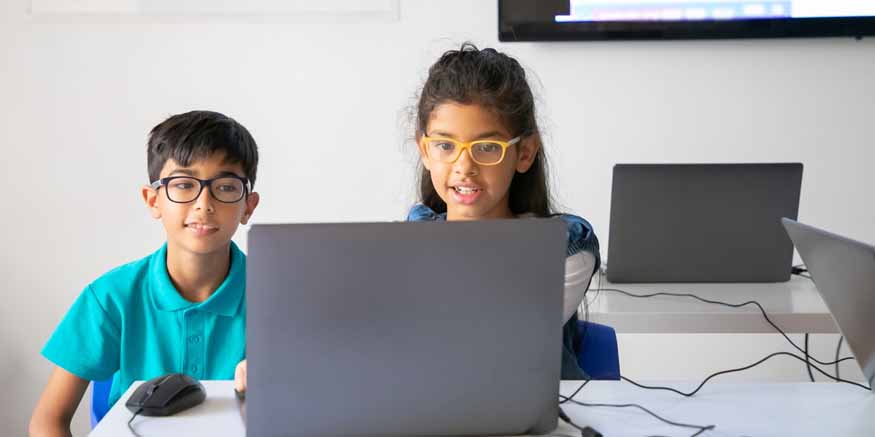Parenting is a skill that can take many different forms based on the cultural background, a person’s personality, and the specific needs of their child. Helicopter parenting is one such practise that has received a lot of attention recently. Understanding this parenting approach, its variations, practical applications, and possible effects on kids is vital.
Helicopter Parenting Meaning
Foster Cline and Jim Fay initially used the phrase “helicopter parenting” in 1990. It describes a parenting style where parents are overly preoccupied with their kids’ lives. Such parents show an inordinate amount of interest in the struggles, accomplishments, and failures of their children. Because it implies hovering, being overly watchful, and being prepared to swoop in at the first indication of trouble, the metaphor of a helicopter is employed.
This style of parenting exhibits a high degree of participation and control in the lives of the children, from resolving their issues to making decisions on their behalf. It frequently continues into adolescence and, on occasion, adulthood after the early years. The parents’ main goal is to protect their kids from any potential difficulties or failures in life. Still, despite the noble intention, helicopter parenting often has unintended negative consequences.
Also Read: 10 Ways to Maintain a Healthy Relationship with Children
Types of Helicopter Parents
It’s important to note that there is no one-size-fits-all definition of a helicopter parent. The behaviours that define a helicopter parent can vary depending on the individual parent and the child. However, all helicopter parents share one common goal: to protect their child from harm. Helicopter parents can be classified into different types based on the degree of their involvement and control:
Black Hawk Parents: These parents show extreme involvement in their children’s lives, hence named after the military helicopter. They are known to manage their child’s activities, friendships, and experiences meticulously. They often control and supervise their children’s every move, making most of their decisions for them.
Stealth Attack Parents: These parents can be deceptively low-profile, only swooping in when they perceive their child is in trouble or danger. They prefer to stay in the background but are ready to spring into action at a moment’s notice.
Paramedic Parents: These parents are usually on standby, ready to provide immediate assistance in any challenging situation. They are always there to help their child solve problems, may it be personal, academic, or even trivial.
Helicopter Parents Examples
It’s essential to understand what helicopter parenting looks like in practice. Here are some examples:
- A mother who insists on completing her teenager’s school project to ensure it is perfect.
- A father who intervenes in his child’s social life, choosing their friends and dictating their social interactions.
- Parents who incessantly check up on their university-going child’s grades and academic progress.
- Parents who confront teachers or coaches when their child doesn’t make the team or gets a low grade, believing it’s always someone else’s fault.
These examples are not exhaustive, and helicopter parenting can manifest in various forms. The common thread is the excessive involvement and control over the child’s life, often bypassing the child’s autonomy and decision-making.
Impact of Helicopter Parenting on Children
While helicopter parenting can have some benefits, such as ensuring that a child is safe and well-cared for, it can also have some negative consequences. Helicopter parenting can prevent children from developing independence and self-reliance. It can also lead to anxiety, stress, and low self-esteem. Here are some of the advantages and disadvantages of helicopter parenting on children:
Advantages:
Safety: One of the most immediate advantages of helicopter parenting is the assurance of safety. With parents keeping a constant watch, children are less likely to get into harmful situations.
Academic Success: Helicopter parents often push their children towards academic excellence, thus improving their performance at school. They ensure homework is completed, deadlines are met, and that their child is well-prepared for exams.
Problem-solving: Since helicopter parents are often heavily involved in their child’s issues, they can help solve problems that the child might not be able to handle on their own. This involvement can be especially beneficial in the child’s early years.
Emotional Support: Helicopter parents are typically very attuned to their child’s emotional state and can provide immediate support and reassurance in times of stress or anxiety.
Disadvantages:
Reduced Independence: One of the primary arguments against helicopter parenting is that it can impede the growth of independence. As they grow older, children may find it challenging to make decisions on their own because they may become dependent on their parents to handle difficulties for them.
Poor self-esteem: Children may struggle to acquire confidence in their talents, which can result in poor self-esteem, if they are not given the chance to face difficulties and make mistakes on their own.
Poor Coping Skills: By stepping in to handle problems and shield their children from failure, helicopter parents can prevent children from developing resilience and coping skills. These skills are crucial for handling adversity in adulthood.
Stress and Anxiety: Constant parental hovering can lead to high levels of stress and anxiety in children. They may feel pressure to meet high expectations or fear disappointing their parents.
Strained Parent-Child Relationship: Over time, helicopter parenting can strain the parent-child relationship. Children may come to resent their lack of autonomy, leading to conflict and emotional distance.
Also Read: Tips for Parents on How to Deal with Teenage Mood Swings
Although it’s natural for parents to want to keep their kids safe, being overprotective might hinder a child’s ability to develop, discover, and become independent. It is crucial for parents to strike a balance, being there for their kids when they need them while also giving them the flexibility to go through life’s ups and downs and learn from them. The key to preparing kids for a fulfilling and independent life is finding this balance.
EuroSchool gives parents the reassurance that their children will have the freedom to develop and study on their own while also assisting them in acquiring the skills necessary to succeed in life.









